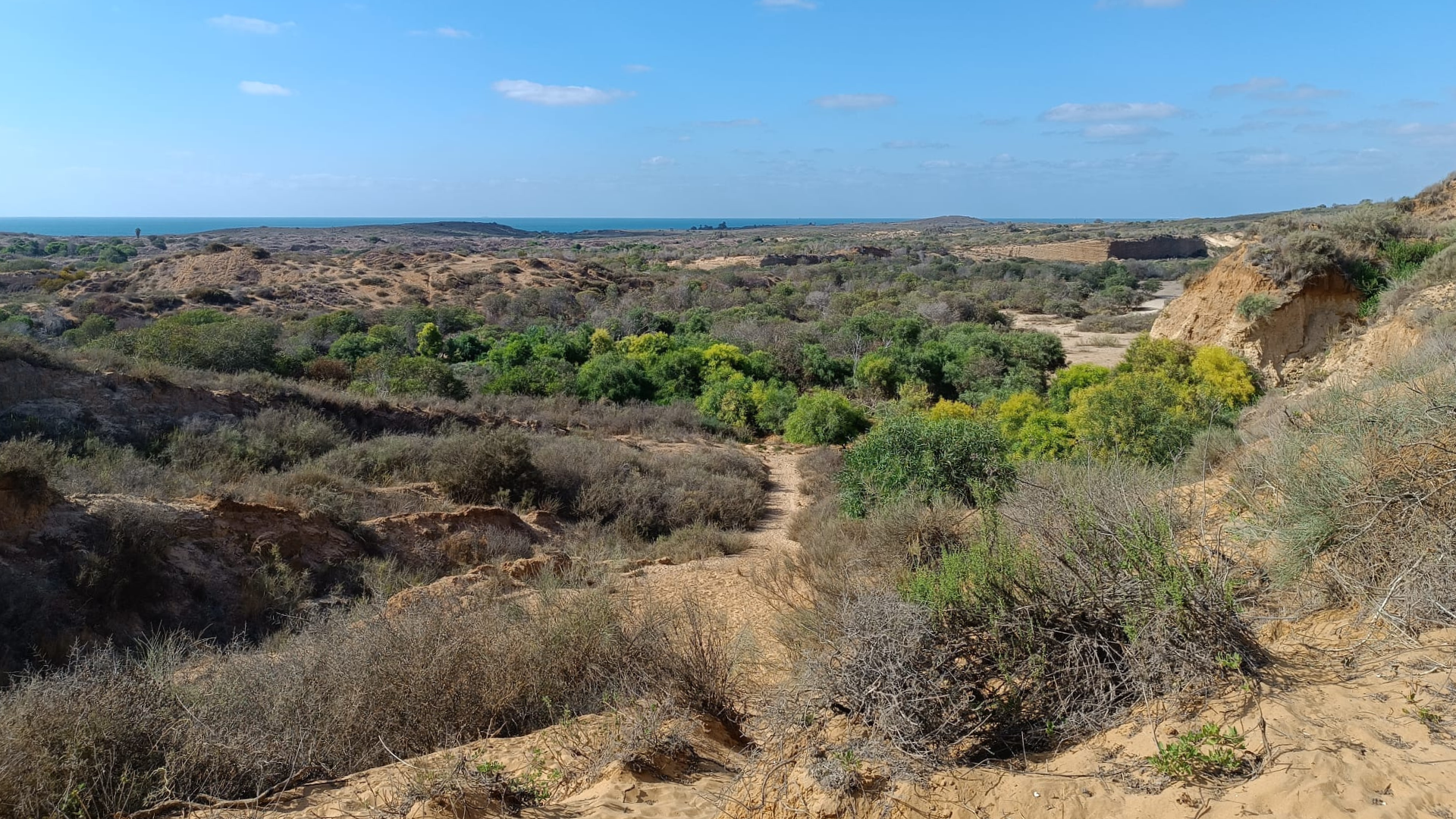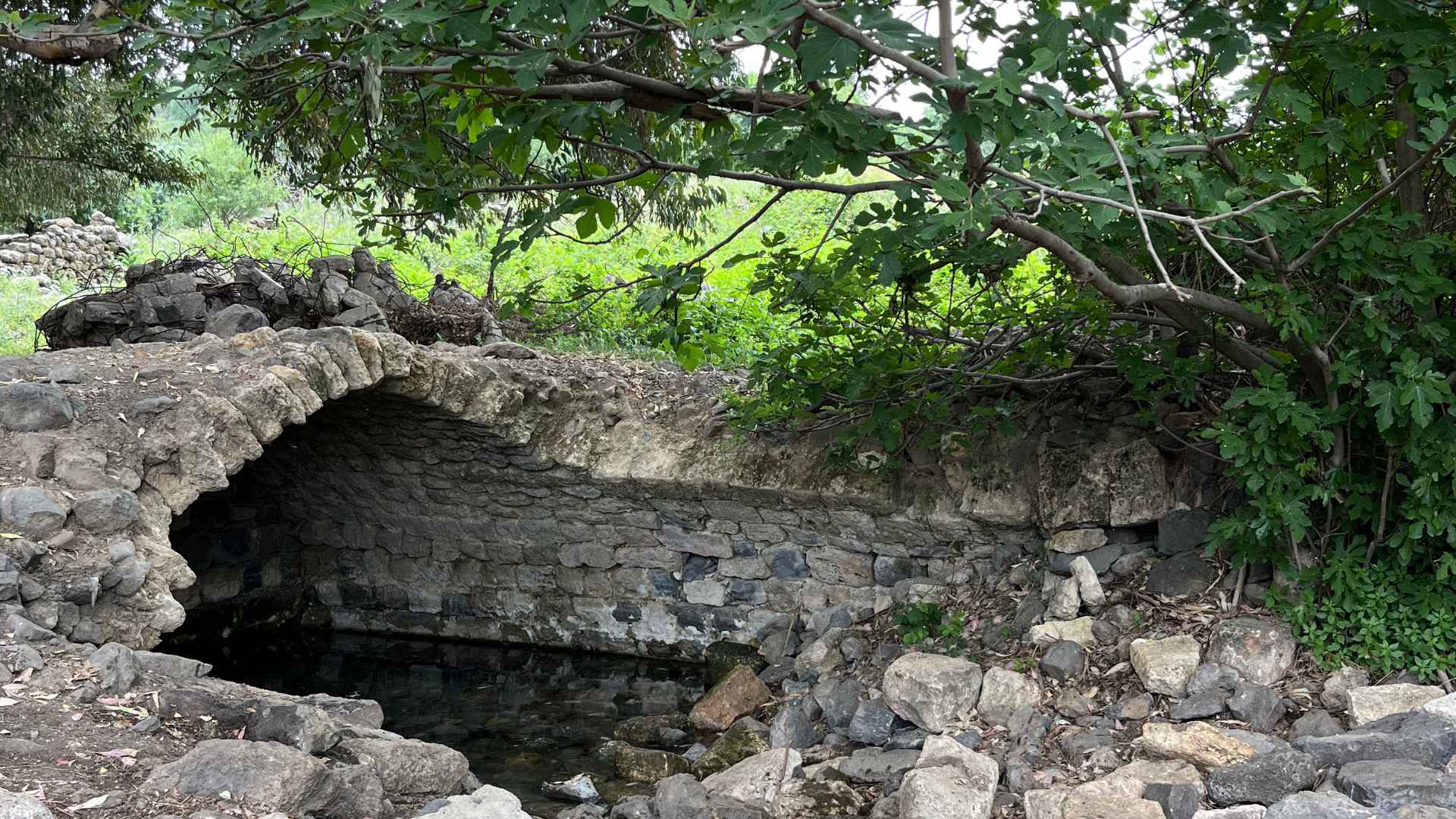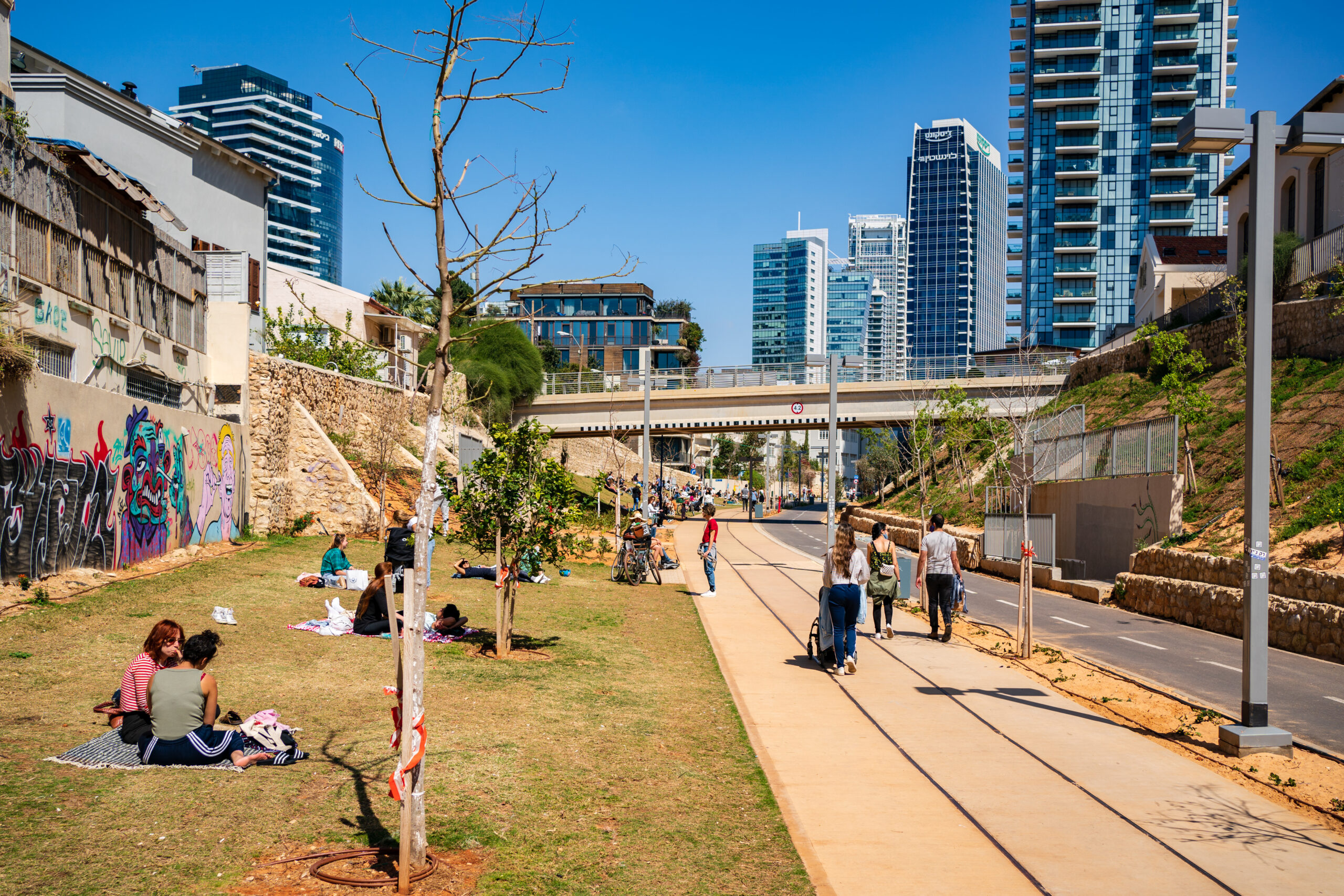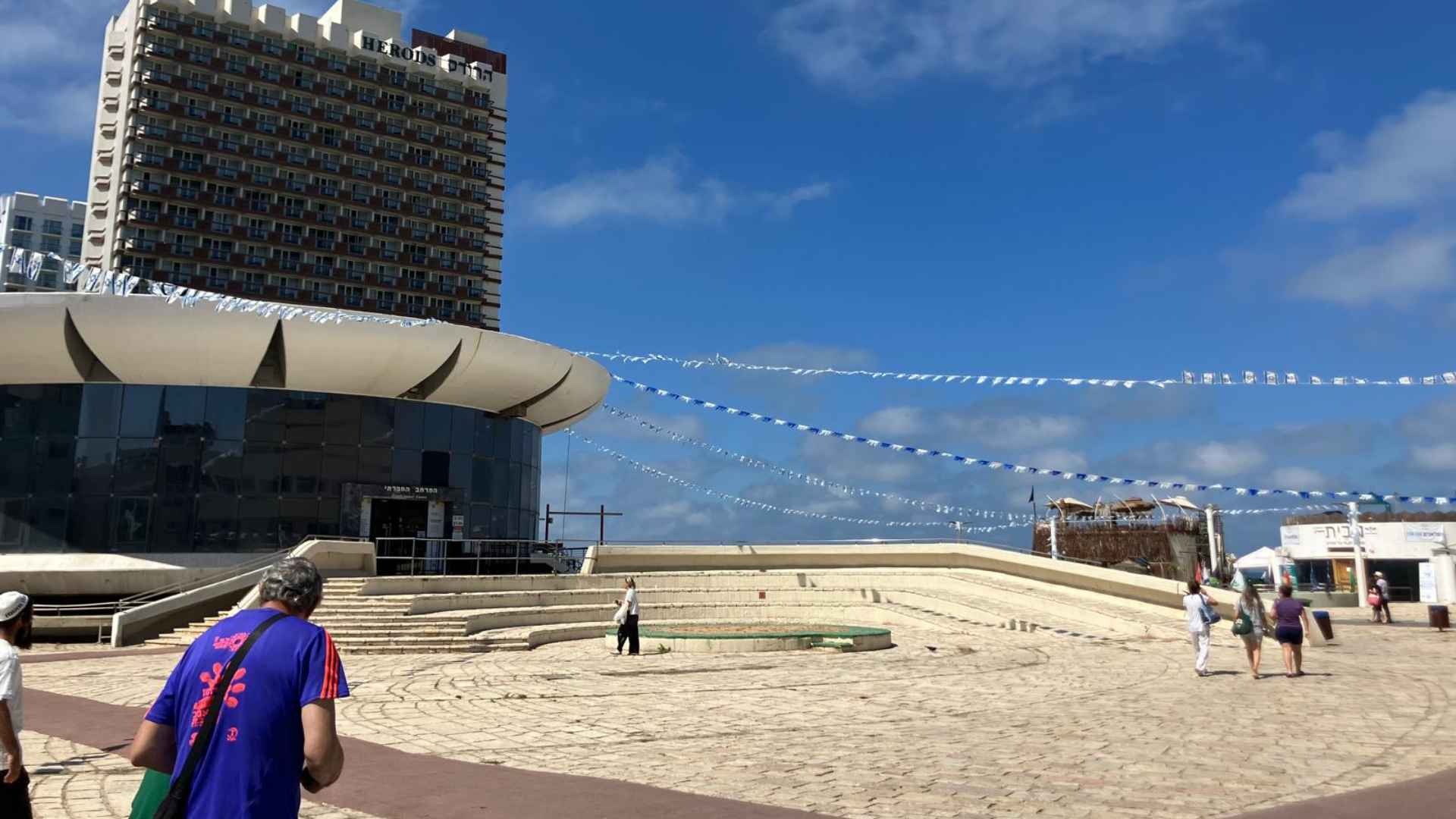The Israel Land Authority (ILA) is advancing a plan to build a vast golf complex on about 145 acres of coastal land at the northwestern edge of Ashkelon — part of a a 350-acre area that once housed a quarry and municipal landfill. The plan also includes 1,140 housing units, a 650-room hotel, and 120 small apartments, with a commercial promenade and public walkway overlooking the coastal cliff. Despite the area’s previous designation as a “coastal recreation park,” the Southern District Committee decided in 2023 to permit residential construction, arguing that the housing is needed to finance and maintain the golf course. The Coastal Protection Committee approved the plan in May 2024, claiming it would “enhance the coastal environment” and better connect the city to the sea. Mayor Tomer Glam hailed the project as a national opportunity to place Ashkelon “on the tourism map.”
Public open space becomes an area for a limited public — and for a fee
Adam Teva V’Din has filed an appeal against to the plan, warning that de facto the proposed project would convert valuable public space into a fenced, fee-based facility accessible only to a limited public. Yael Dori, head of planning at Adam Teva V’Din and representative of the green organizations on the Coastal Protection Committee points out that the opportunity to link the city with its open spaces will be lost to the golf course project, which turns public land into private, fenced space. In other words, this public open space becomes an area for a limited public — and for a fee.
Economic Distortion and Public Costs
Adam Teva V’Din’s Economics Department sees that the state would be heavily subsidizing private development. To make the project economically viable for the developer, the state will be required to subsidize it by hundreds of millions of shekels. Instead of investing directly to remove the waste and rehabilitate the site, the state is choosing a far more expensive route — about US $35 million for hotel subsidies, US $33 million for infrastructure and the golf park, and another US $33 million in waived land values.
Amit Bracha, executive director adds that Adam Teva V’Din has fought for two decades to maintain the public’s right of access to public beaches and to safeguard the Mediterranean coastline from over-development:
“The proposed Ashkelon golf course and housing complex is a a distortion of priorities: instead of investing public funds in cleanup, the state is subsidizing a private real-estate project and giving up a valuable public asset.”






